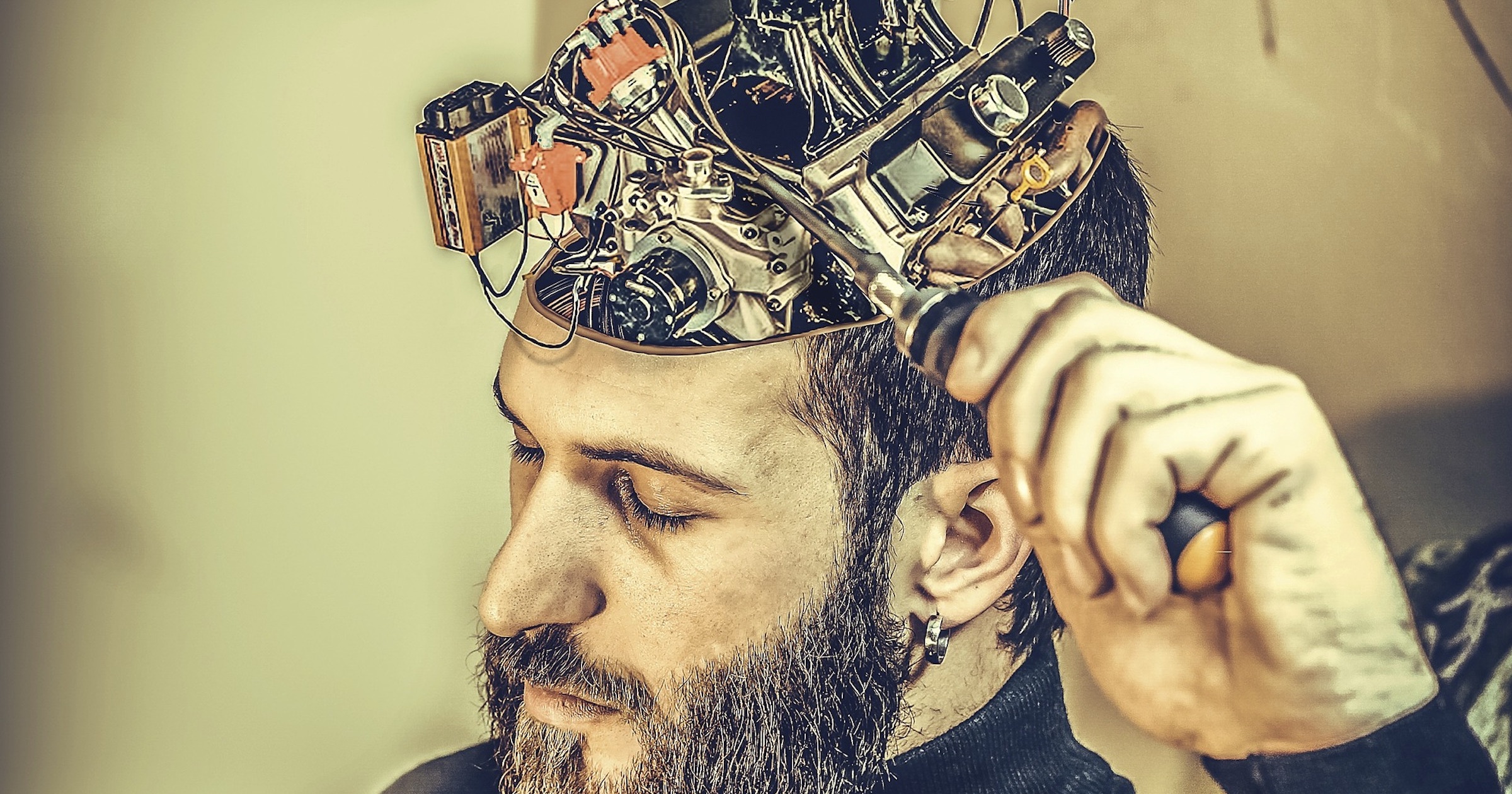 Medicine
Medicine
 Neuroscience & Mind
Neuroscience & Mind
Neurosurgeon and Neuropsychologist Agree: The Brain Is Not the Mind

Recently, distinguished South African neuropsychologist Mark Solms discussed the real state of brain research with Stony Brook neurosurgeon Michael Egnor at Theology Unleashed.
In the first portion, Solms, author of The Hidden Spring (2021), proposed in his opening statement that “the source of consciousness in the brain is in fact in the brain stem,” not the cerebral cortex, as is almost universally assumed. Dr. Egnor now responds that his clinical experience supports that view — and also the view that the mind is not simply “what the brain does” as some popular neuroscientists claim:
A partial transcript, notes, and links to date follow:
Arjuna [host]: And now, Michael, could you give a brief explanation of your views? [00:13:00]
Michael Egnor: Sure. I recommend to all the viewers to read The Hidden Spring. What Mark describes about the clinical reality of neuroscience, as patients experience it, is very true.
For example, his observation that consciousness does not reside in the cortex: Every neurosurgeon knows that. That’s crystal clear. And it’s remarkable that so much of neuroscience doesn’t know that…
My own experience actually resembles Mark’s in some way. I think he mentions in his book that his brother had a head injury when he was young. And that, I think, inspired Mark to try to understand the mind and the brain. My mother had an aneurysm rupture when I was a young child, a brain aneurysm. And she survived it. She actually had surgery. But she had cognitive difficulties because of that. [00:14:00]
And so, I struggled with that same question: What was going on with her mind and what was going on with her brain, and how did they relate to each other? So, I was fascinated by this, and of course, also experienced all the emotional trauma this kind of thing raises, as a child. [00:14:30]
When I was in college, I was fascinated by Freud. I read as much of Freud as I could and I was particularly fascinated by Freud’s concept of the unconscious. And it seemed to me to be absolutely true, meaning, that there really is an unconscious, and it’s really a tremendous part of our lives. [00:15:00]
Deep Insights into the Mind
Michael Egnor: I moved away from Freud as I got older because Freud was an atheist and a materialist. And I came to see things in a different framework. But to paraphrase a statement about Napoleon, Freud is as close to the truth about the mind that an atheist and a materialist can get. Meaning that he really had very deep insights into the mind. [00:15:30]
When I got to medical school, I was thrilled at being able to study neuroscience. My first day of medical school, I bought all the textbooks for neuroscience… I was fascinated by the basal ganglia. And I was thinking that when I really studied neuroanatomy and neurophysiology, that I would understand the mind on a deeper level, not just the structure of the brain and the physiology, but what the mind was and what a person was. [00:16:00]
I thought this was the Rosetta Stone into understanding deeply what it is to be human. And I found in medical school, and then in my neurosurgical training, that it didn’t really help that much. In fact, it was almost the other way around. I had to understand what people were and what the mind was in order to make sense of neuroscience! And I still find that. [00:16:30]
Read the rest at Mind Matters News, published by Discovery Institute’s Bradley Center for Natural and Artificial Intelligence.
